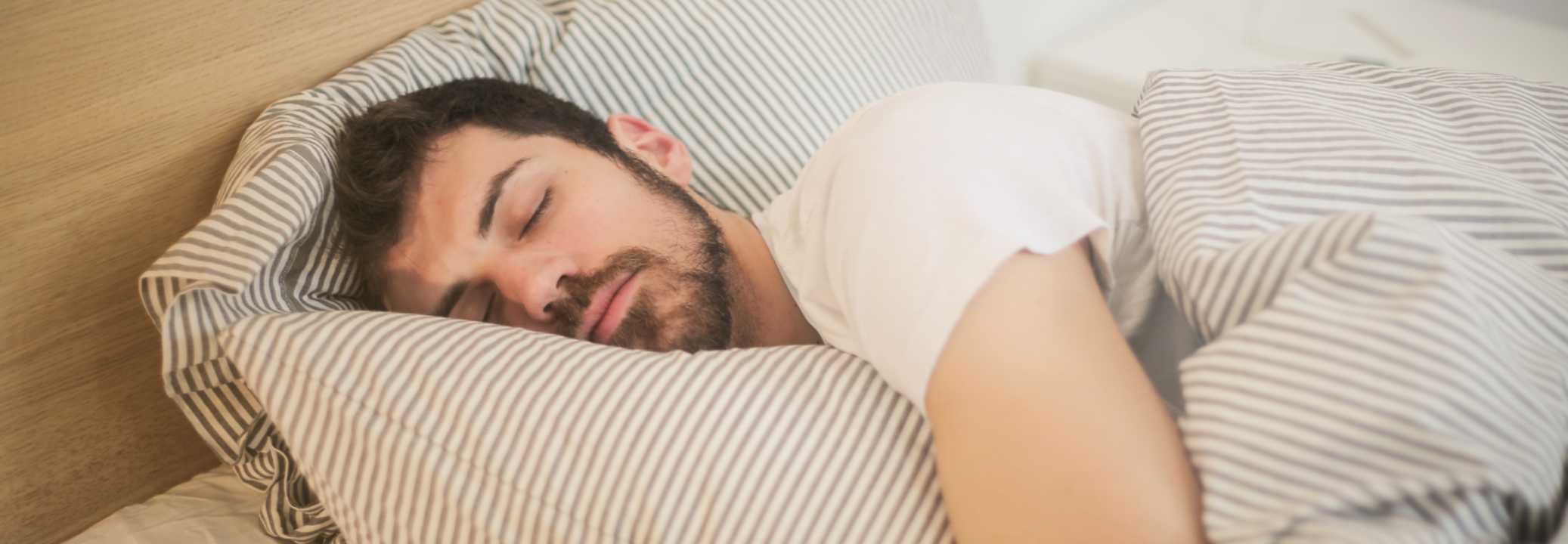10 Sleep Hygiene Tips That Will Help You Sleep Better

Sleep hygiene (Credit-Canva)
SummarySleep hygiene refers to healthy habits that can improve your sleep quality. By following these 10 tips, you can create a conducive environment for better sleep.
End of Article
